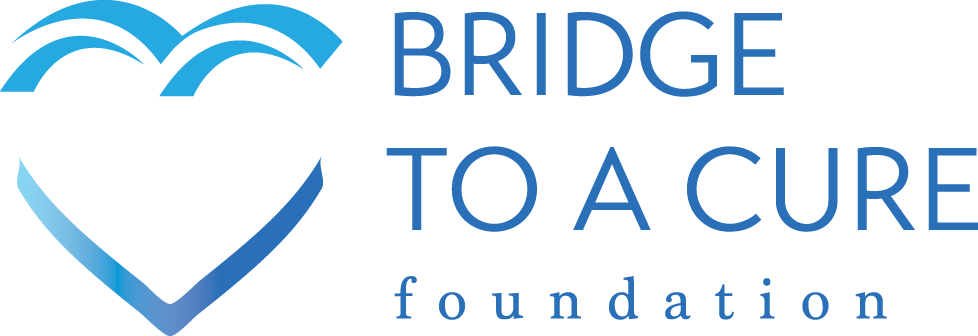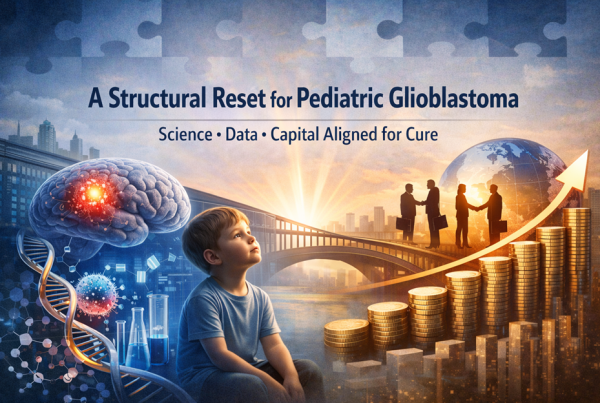Driven by its strategic imperatives, Bridge To A Cure Foundation seeks to empower discovery through collaborative data. As one of its core goals, Bridge To A Cure advocates for an open science approach as a requirement for funding childhood cancer research. In the ever-evolving medical research landscape, this article highlights two National Institutes of Health (NIH) Common Fund-led partnerships. It showcases how a dedication to Bridge To A Cure’s strategic imperatives leads to powerful synergies that drive groundbreaking initiatives.
The NIH funds two impactful initiatives: the Gabriella Miller Kids First Pediatric Research Program (Kids First) and the INCLUDE (INvestigation of Co-occurring conditions across the Lifespan to Understand Down syndromE) Project. These initiatives function as collaborative, cloud-based data portals, making a wealth of information, tools, and resources freely available to researchers.
Different pediatric conditions, like Down syndrome and pediatric brain tumor cancer, are interconnected. While the direct link might not be immediately apparent, these initiatives aim to explore overlapping conditions as a whole. Researchers can uncover shared pathways and potential treatment targets by studying rare conditions together. Children facing complex medical challenges can benefit from this collaborative approach by learning more about pediatric health.
Kids First: A Data-Driven Force for Brain Tumor Cancer and other Childhood Rare Diseases
Kids First, a pioneering initiative, is leading the charge in unraveling the genetic underpinnings of childhood cancer. The program actively engages patient families in groundbreaking research by encouraging them to participate in studies and contributing their valuable data. As part of this initiative, families play a pivotal role in advancing our understanding of these diseases through their active involvement in research. The ultimate goal? The development of precise and effective treatments that transform the future for our most vulnerable population — children.
Kids First’s Data Resource Center provides meticulously curated raw data that researchers analyze to make meaningful discoveries across pediatric conditions like cancer and congenital disorders, forging a path to groundbreaking research.
INCLUDE Project: Elevating Lives with Down Syndrome
Launched in 2018, the INCLUDE initiative focuses on understanding the health needs of individuals with Down syndrome. Beyond Down syndrome, it explores co-occurring conditions like Alzheimer’s, autism, leukemia, and congenital heart defects. The program aims to not only enhance the quality of life for those with Down syndrome but also make broader discoveries with implications for various health conditions, such as investigating the lower incidence of cancer in this population to gain insights applicable to the general population.
These far-reaching initiatives involve dozens of research institutions, showcasing the commitment to improving the quality of life for those living with these conditions.
Unlocking the Power of Pediatric Health Data: A New Dataset from Kids First and INCLUDE
The collaboration between Kids First and INCLUDE represents a pivotal moment in medical research. Traditionally, researchers study one condition and one type of data in order to make progress. With the advent of these robust, cloud-based portals, researchers can review many types of data from thousands and thousands of pediatric patient samples. These data ecosystems broadly cover data generated from several layers of biological data, providing a more complete picture of the patient and the medical condition(s) present.
Together, these two programs have generated a unique dataset encompassing pediatric conditions such as Down syndrome, leukemia, and congenital heart defects. To shed light on the complex web of pediatric health, they explore the shared genetic pathways among these disorders.
Kids First Data Resource Center and INCLUDE Data Hub provide access to this extensive dataset. Emory University’s Stephanie Sherman, Baylor College of Medicine’s Philip Lupo, and the University of Colorado Anschutz Medical Campus’ Joaquin Espinosa have led this collaborative research endeavor, which has produced impressive data. This dataset, containing over 16,000 files and 64TB of data, represents one of the biggest datasets ever released on Kids First Portal or INCLUDE Data Hub.
Scientists have already begun to apply this new data set in their research projects. For example, a recent study identified unique genetic features in B-cell acute lymphoblastic leukemia (B-ALL) among individuals with DS. This discovery opens promising avenues for more targeted and effective therapies, which have the potential to benefit a broader patient population. Collaborative research and data-driven findings are at the core of such findings.
INCLUDE and Kids First work together to understand the intricate connections between congenital disorders, childhood cancer, Down syndrome, and co-occurring conditions. With access to these rich genomic datasets, researchers are empowered to accelerate their investigations—with the ultimate goal of providing children with improved medical treatments that promise a brighter, healthier future.
The impactful collaboration between Kids First and INCLUDE serves as one compelling example of the potential envisioned in the Bridge To A Cure Foundation’s key strategic initiatives. As we bridge the gaps in pediatric health research, these initiatives exemplify the power of dedicated partnerships, data-driven insights, and a collective pursuit of transformative discoveries for the well-being of all children.






